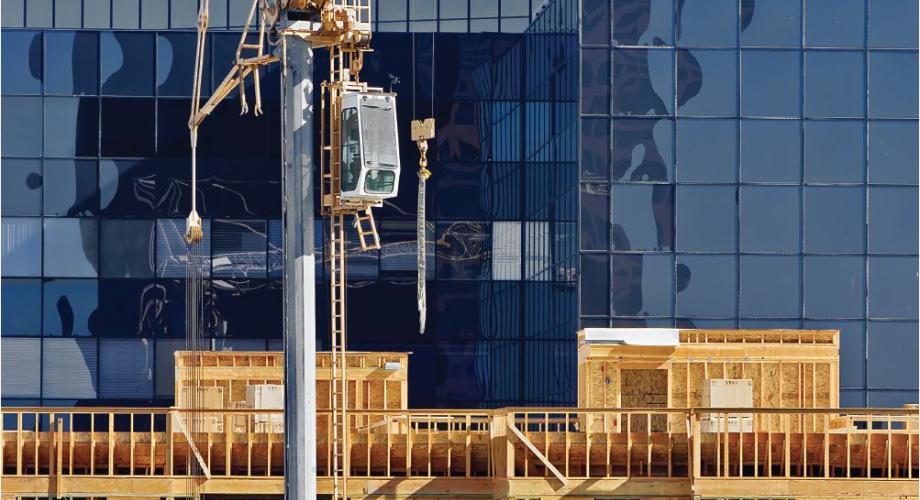Opponents of wood construction, some of whom would benefit from the use of other materials, are persuading policymakers into curtailing the use of wood in construction.
Wood framing continues to be common among rental housing developers. Of 8,650 apartment buildings constructed nationwide since 2012, some 49 percent used wood, according to Costar. Recent media coverage about apartment fires has cast doubt on whether it is safe to use wood materials in multi-level construction. NAA remains concerned that the increased media coverage could result in legislated prohibitions on wood construction for all apartment developers and owners. In actuality, the fires involved isolated incidents on the construction site during the small window of time prior to the sprinkler systems coming online.
Opponents of wood construction, some of whom would benefit from the use of other materials, are using the increased media attention to persuade policymakers into curtailing the use of wood in new construction. For example, bills were considered in Maryland and New Jersey legislatures in 2017. In addition to proposed changes at the state level, the International Codes Council (ICC) will consider changes relating to wood construction in the upcoming codes revision cycle. Proposed language may include limitations on wood construction for multifamily properties or the addition of more operational requirements, such as a mandatory fire watch or 24-hour fire department access during construction.
Also, it is possible that the ICC may consider onerous sprinkler requirements beyond the 13R sprinkler system, which is the current industry standard. These possible changes are significant because they may eventually be adopted by localities as part of the ICC’s model building code. If adopted, these changes will add unnecessary time and costs to apartment buildings that ultimately will be passed down to residents in apartment communities and result in higher rents.
Recently, trade associations for the construction and building industry have stepped in to address the issues highlighted in the media and to provide practical guidance that NAA members may find helpful. The American Wood Council (AWC) hosted a webinar in July, “BCD235- Fire Protection During Construction.” Similarly,
experts from the National Fire Protection Association (NFPA) and the ICC have addressed apartment construction fires and best practices, focusing on fire prevention on construction sites including during hot work actions such as welding and cutting.
AWC, NFPA and ICC are taking important steps to show builders are proactively working to prevent future construction fires. Like the construction and building industry, NAA is working to ensure that apartment developers and owners can continue to build reasonably priced housing for families. NAA and NMHC actively promoted sprinkler standards for wood in multifamily construction through the ICC code process to ensure these apartment communities are safe for residents and any possible fires would be contained. Also, NAA is working with the AWC to provide guidance to affiliates during the review process for local building codes and legislative discussions on fire safety.
NAA continues to protect the apartment industry’s ability to utilize wood construction because its use plays a pivotal role for the industry to meet ever-increasing housing demands. Woodframed construction projects also tend to move at a faster pace than projects of concrete or steel base. In line with the NAA/NMHC demand survey, which states that 4.6 million apartments will be needed by 2030, developers will need to use all forms of building construction, including wood, to meet these needs.
Developers use wood-framing to create more affordable and mid-market apartment communities. Bryan Holladay, Government Affairs Manager with the Greater Charlotte Apartment Association (GCAA), says, “We want apartment housing that is extremely safe and affordable for our community. Wood construction allows our industry to do that.”
Holladay highlights one local success story by a GCAA member. The Pavilion Village by Charter Properties in Charlotte, N.C., is a wood-framed, garden-style apartment community that offers families the option of mid-priced homes within the city. Pavilion Village exemplifies affordable wood-framed housing with fire safety features
that were built to current ICC code standards.
Contact Holly Charlesworth, Manager of Government Affairs via email or 703-697-0630 if fire safety discussions related to wood construction come up locally. She can provide information on the NAA resources available to affiliates and members.
